Description
Values
![]()
![]()
![]()

Our Story
VerraCoffee began as a non-profit project to help small farmers and entrepreneurs improve their coffee and access higher-end markets. When the pandemic hit and coffee shops closed, demand shifted to home brewing. This challenge became an opportunity, and the initiative evolved into a full-fledged social enterprise.
Founded in the Philippines with co-founders in New Zealand and Europe, VerraCoffee launched at a Christmas Market in Auckland in December 2020, where the first batch of coffee quickly sold out. Growing demand—both locally and internationally—sparked expansion, including planting liberica beans (Barako) to increase supply.
To connect customers with the people behind their coffee, VerraCoffee created immersive farm tours. These experiences allow visitors to plant trees, learn about farming and roasting, and turn coffee grounds into biochar for use as organic fertiliser. A significant portion of tour fees goes directly to farmers, providing extra income while trees mature.
Today, VerraCoffee sells roasted whole beans and ground coffee sourced directly from independent smallholder farmers.
Every bag is traceable to a specific farm, reflecting the company’s commitment to transparency, quality, and strong community relationships.
Fair Labour Commitments
At VerraCoffee, fairness starts at the farmgate. The company pays premium, transparent prices and purchases coffee directly from farmers, eliminating middlemen to ensure growers receive the full value of their work. VerraCoffee does not employ farmers; instead, it builds respectful, long-term partnerships that honour farmers’ autonomy and expertise.
To create stability, VerraCoffee commits to purchasing agreed volumes ahead of harvest. This provides farmers with reliable income and a foundation for planning their futures. Beyond fair pricing, the company reinvests in farming communities by funding scholarships for indigenous children, helping to preserve the legacy of sustainable farming for the next generation.
VerraCoffee also provides free skills training for people with disabilities, especially those who are deaf or hard of hearing, enabling them to find meaningful employment across the coffee value chain, often as baristas or farm technicians. By creating these opportunities, VerraCoffee supports stronger, more inclusive communities where everyone has the chance to thrive.
Through immersive farm tours, families can earn additional income by hosting visitors for seed-to-cup experiences and tasting sessions. A substantial portion of these fees goes directly to the host farmers, offering a vital income bridge between harvest seasons. Every cup of VerraCoffee represents this commitment to fairness, ensuring that value flows back to the people and places that make great coffee possible.
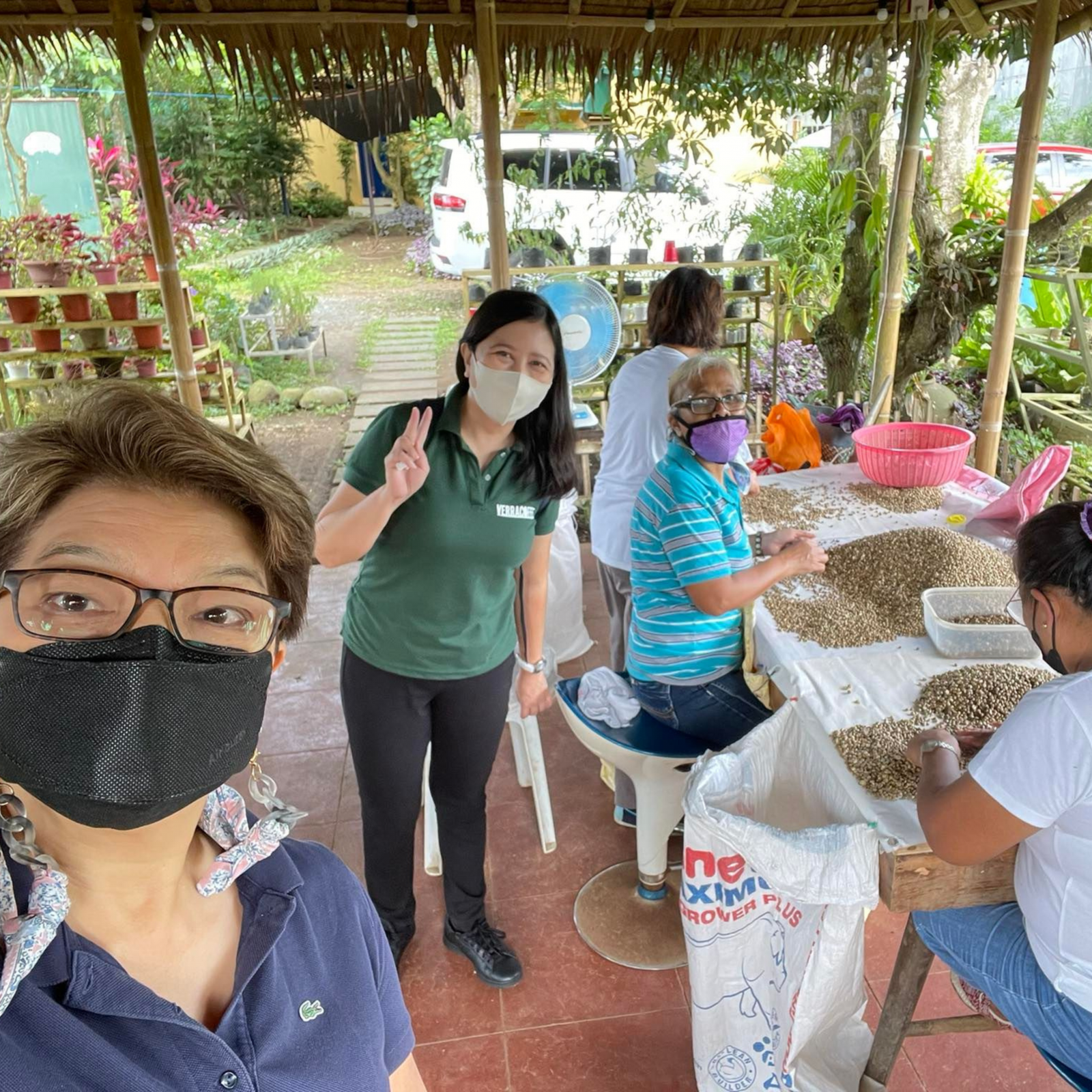
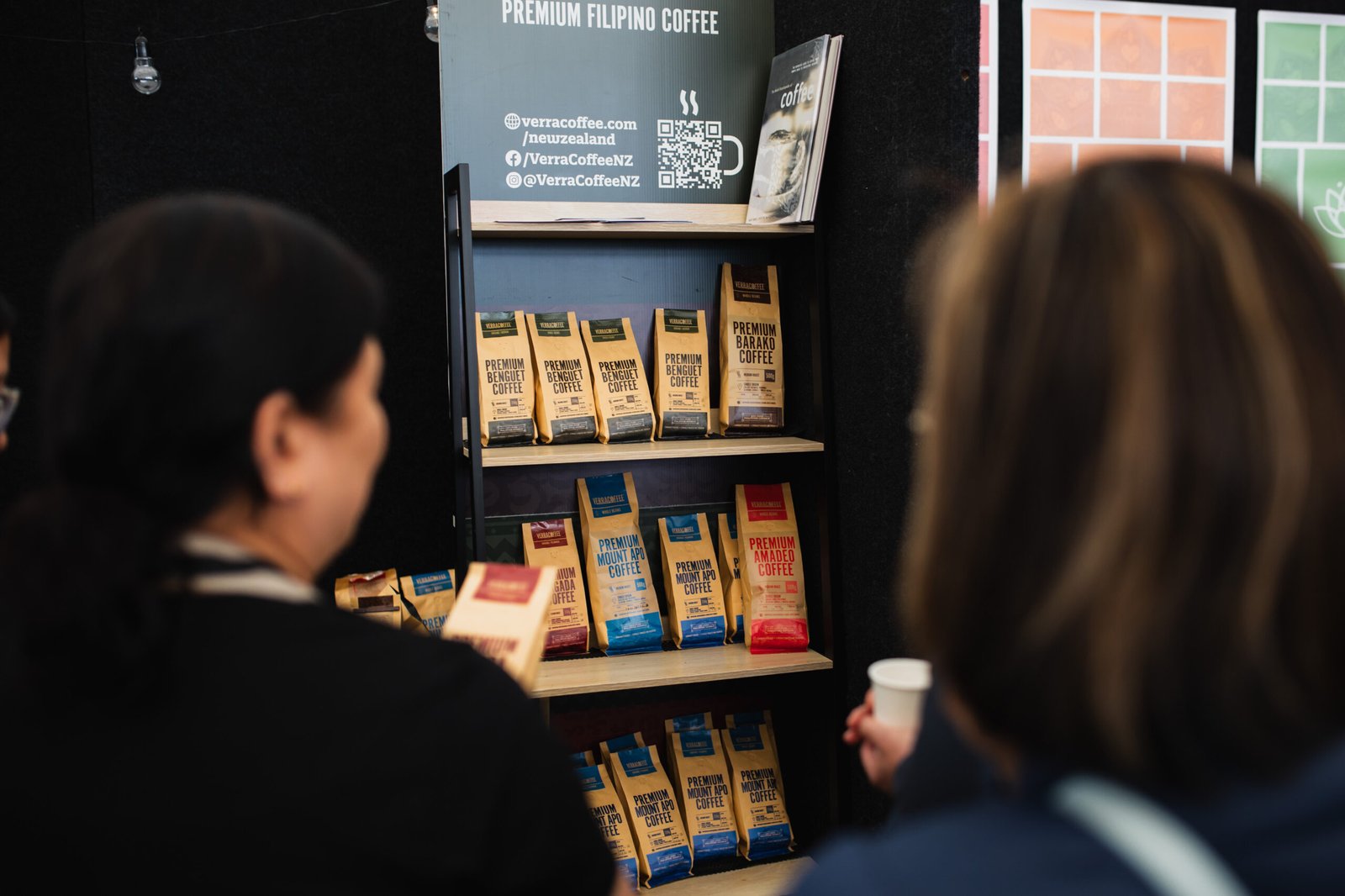
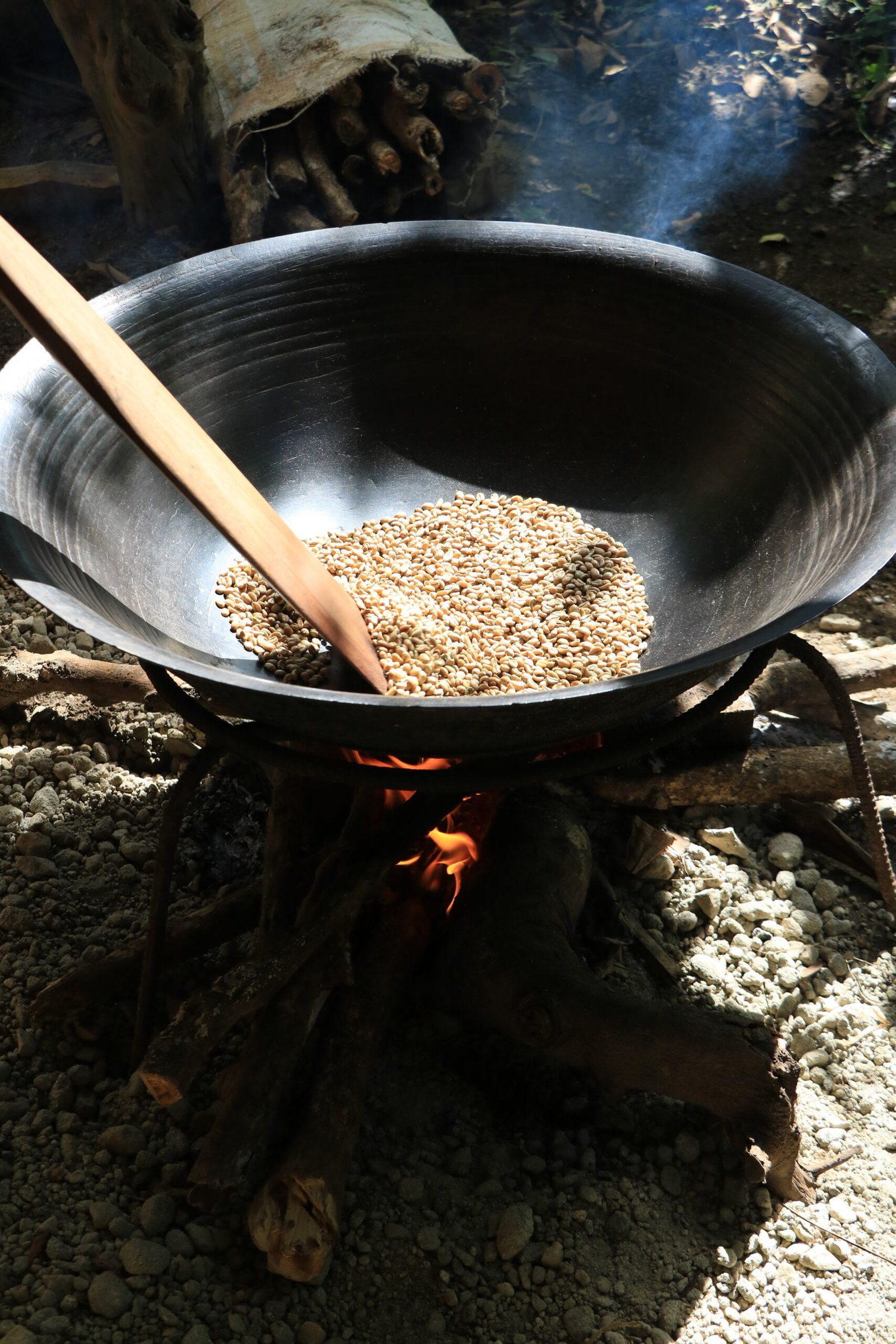
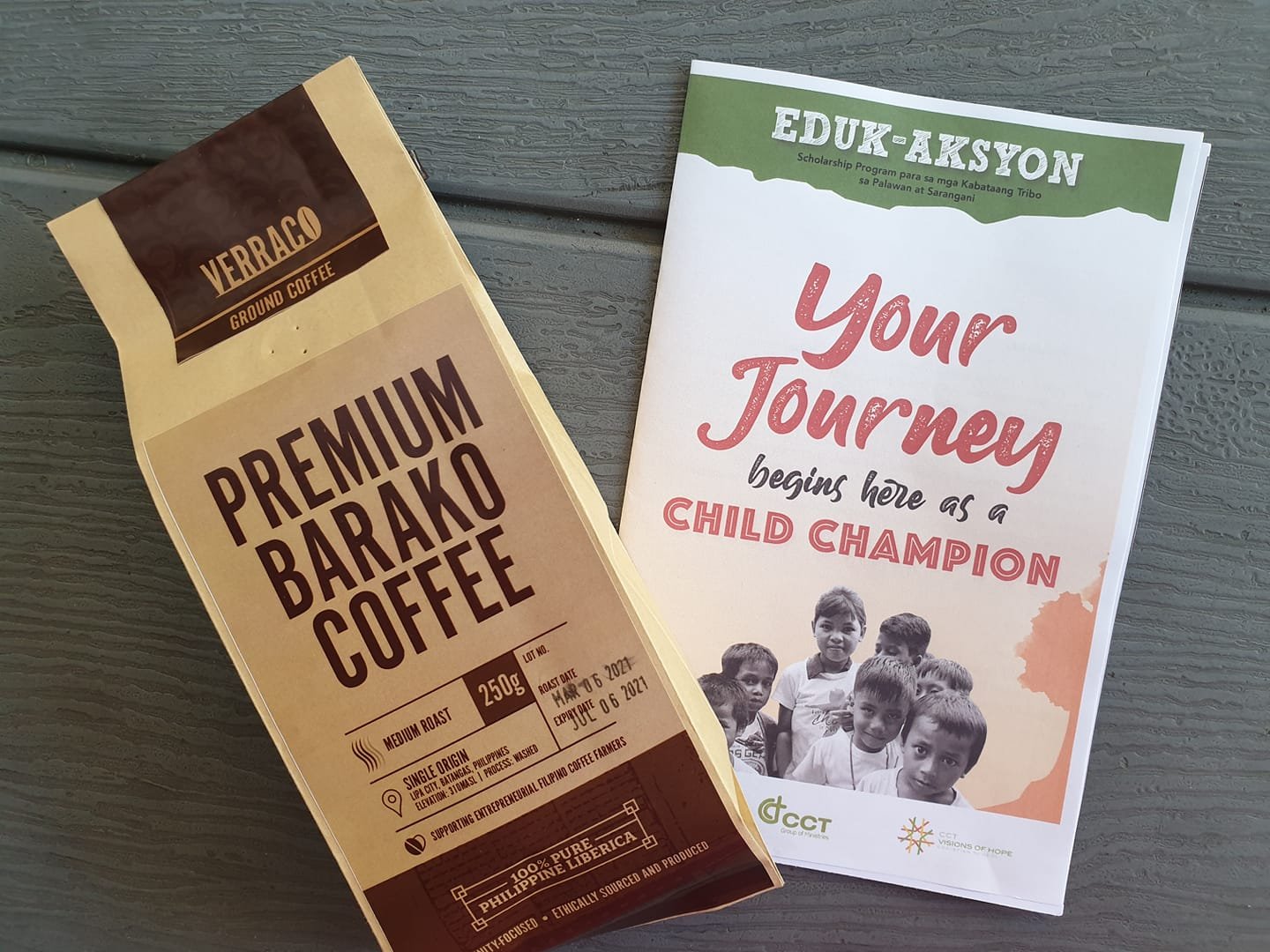
Previous
Next
Environmental Commitments
VerraCoffee practices shade-grown agroforestry, planting coffee alongside native trees, cacao, fruit, and nitrogen-fixing plants. This approach protects forests and biodiversity, improves soil and water health, and supports wildlife. The result is more resilient farms with steadier yields, reduced landslide risks, and thriving bird and pollinator populations.
The company is committed to natural farming, using no chemicals—only inputs cultivated on the farm itself. It also promotes a circular economy, helping cafés transition to fully compostable cups and turn used coffee grounds into biochar, which returns nutrients to the soil.
All coffee is fully traceable through geo-tagged farm mapping and direct relationships with growers. Processing is done at the farm, roasting takes place at VerraCoffee’s Benguet facility or with Manila-based partners, and packing is handled in-house using sustainable materials. The company is working to adopt export-ready, fully compostable packaging.
By combining regenerative farming, traceability, and eco-friendly practices, VerraCoffee creates coffee that respects both people and the planet while building sustainable, inclusive communities.
Products
Premium Filipino Coffee (whole beans and ground liberica, excelsa, and arabica) imported from the Philippines.
Website

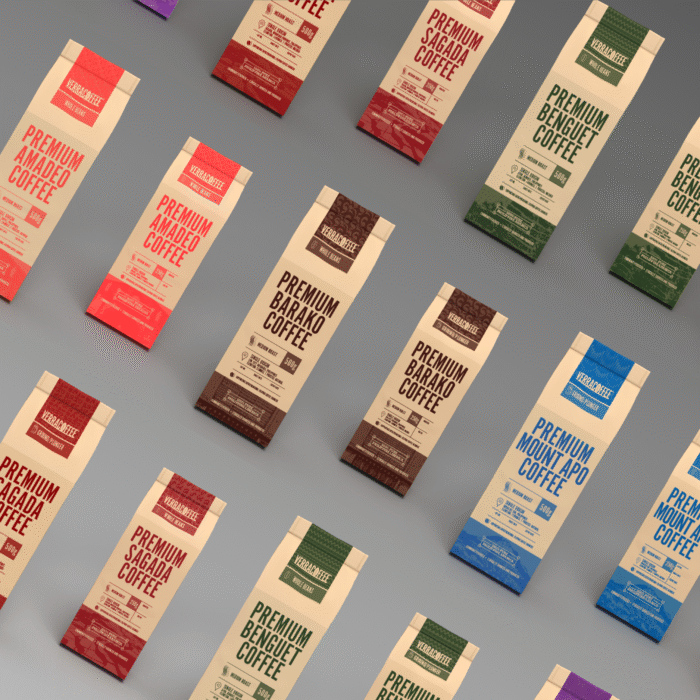
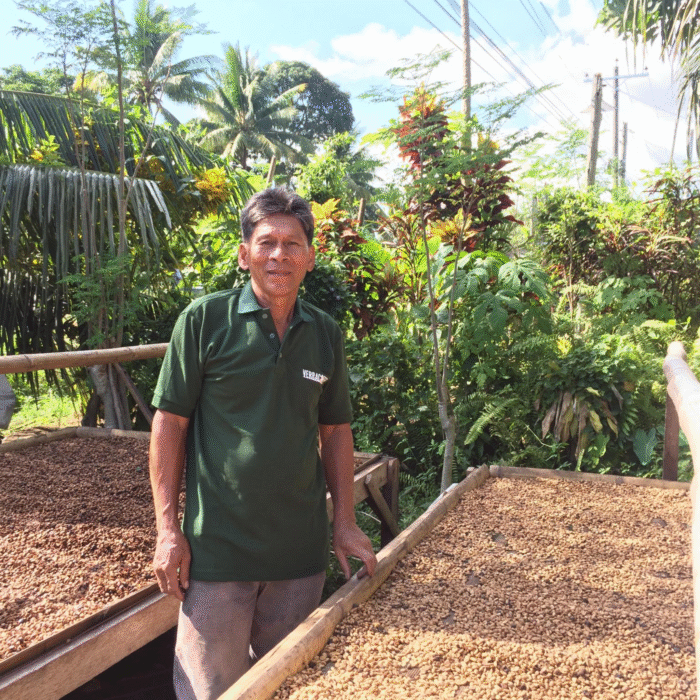
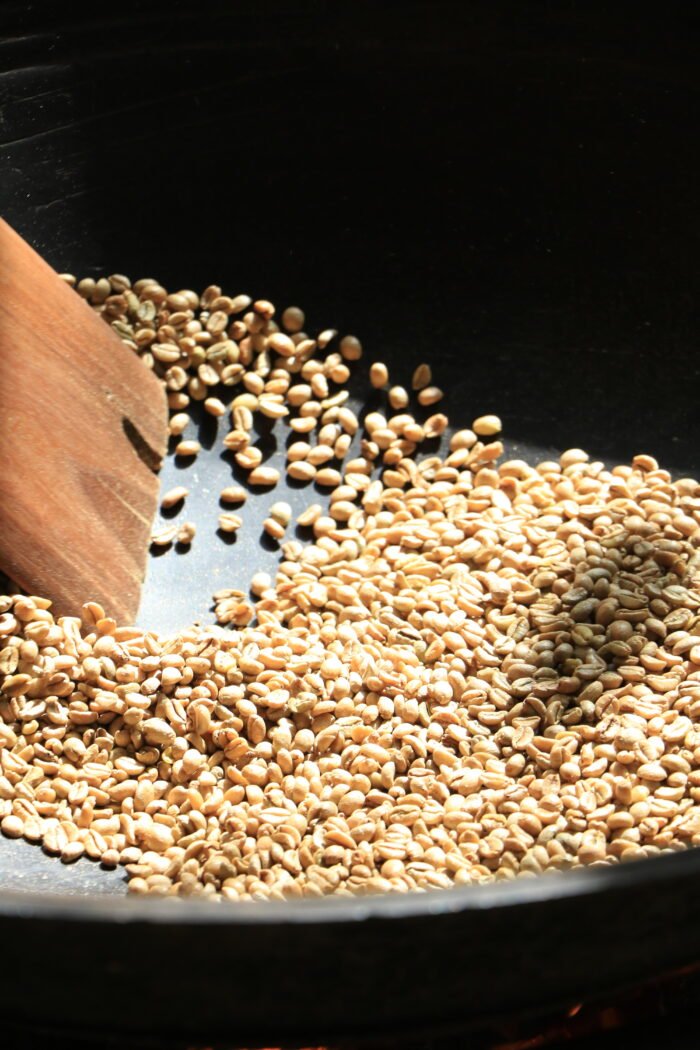
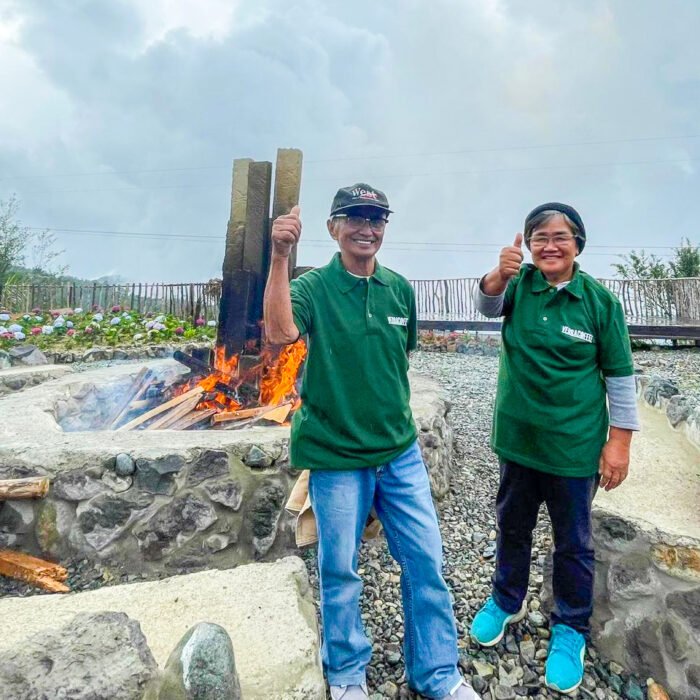
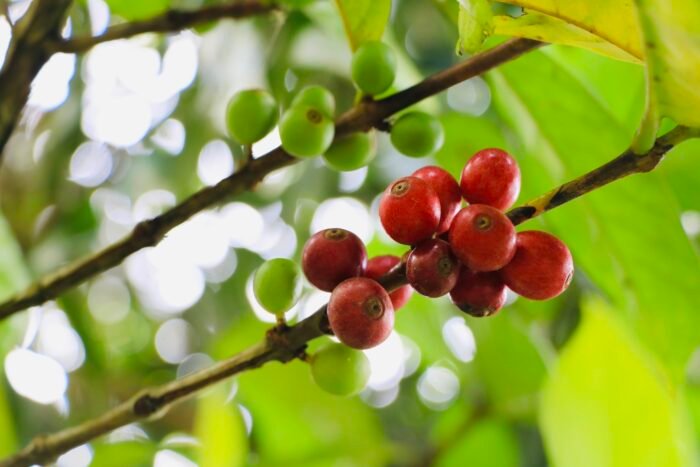
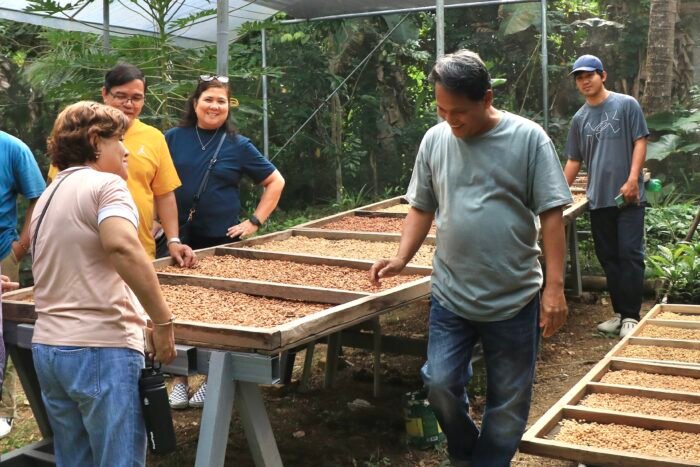
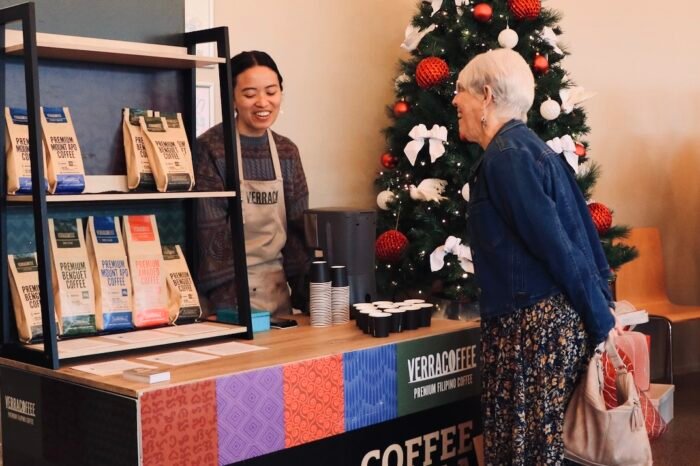
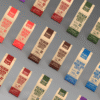
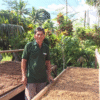
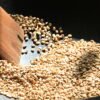
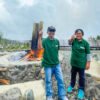
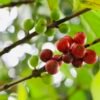
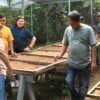
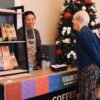



Reviews
There are no reviews yet.